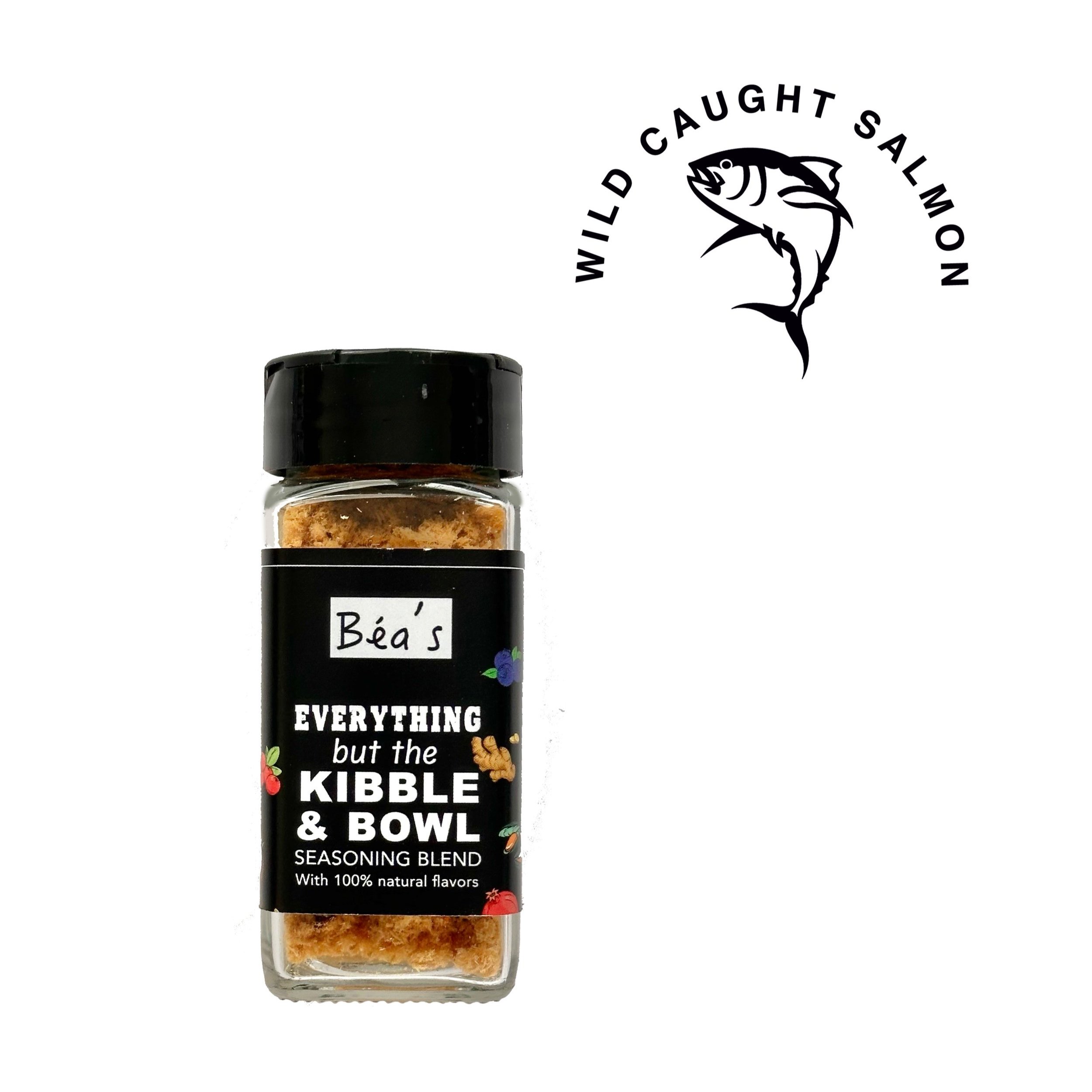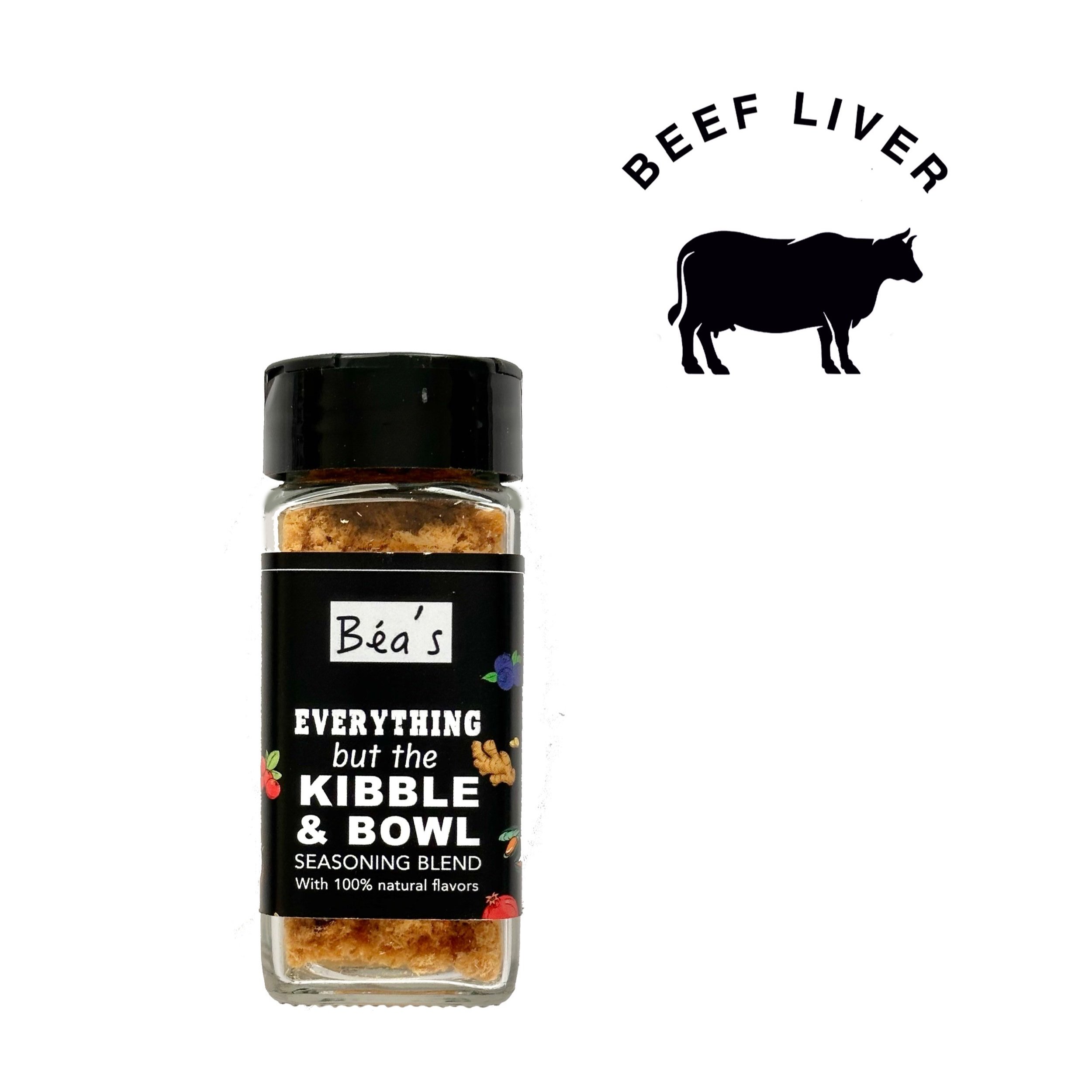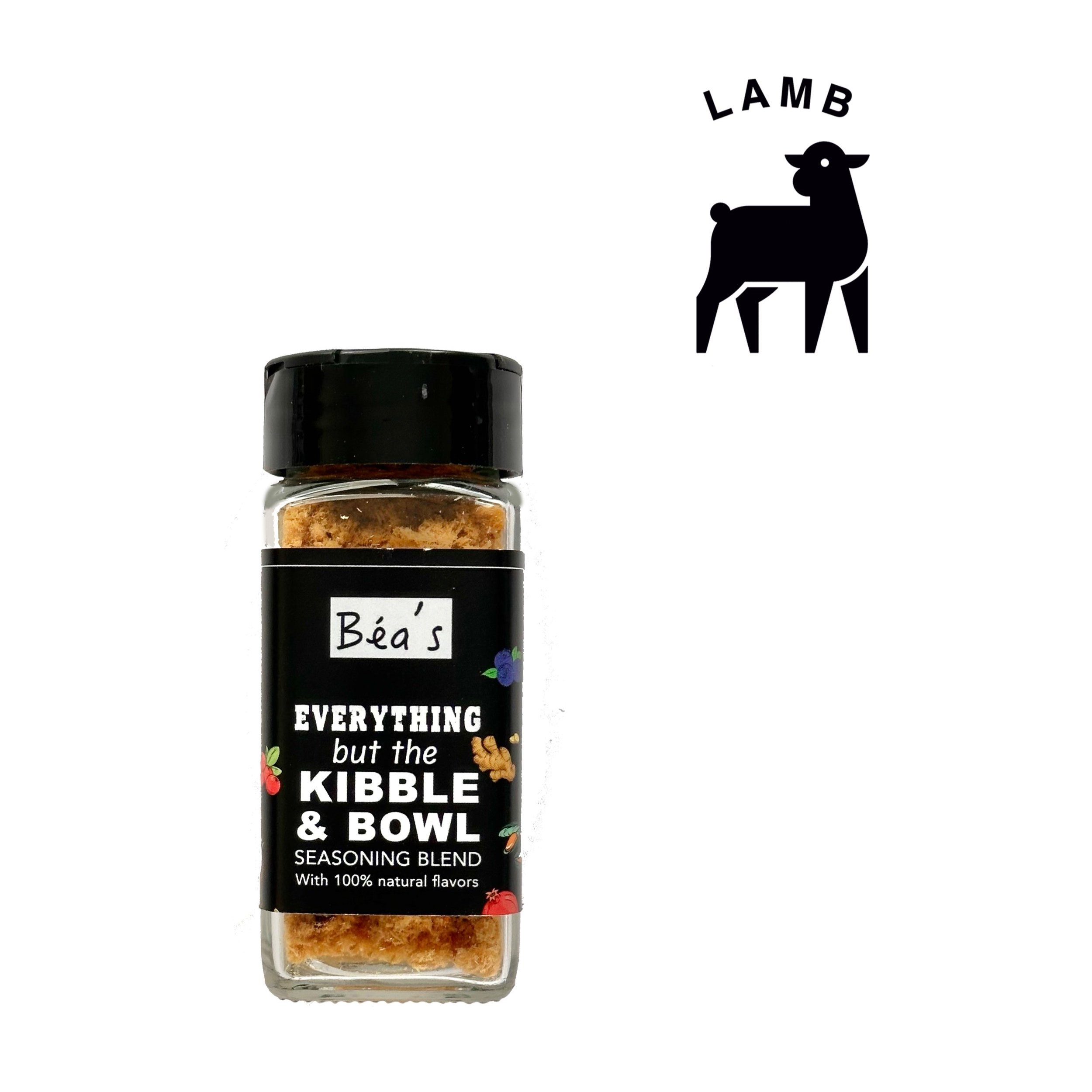The Benefits of Cranberries for Dogs
A Nutrient-Rich Treat for Your Furry Friend
Cranberries are well-known for their health benefits in humans, especially for their role in preventing urinary tract infections. But did you know that cranberries can also be a healthy and beneficial treat for your dog? These small, tart berries are packed with nutrients that can contribute to your dog's overall well-being. In this article, we'll explore the benefits of cranberries for dogs and how to safely incorporate them into your dog's diet.
Nutritional Benefits of Cranberries for Dogs
Cranberries are a powerhouse of nutrition, offering several health benefits for dogs:
1. Urinary Tract Health
Cranberries are perhaps best known for their ability to support urinary tract health. They contain compounds called proanthocyanidins that prevent harmful bacteria from adhering to the bladder walls, reducing the risk of urinary tract infections (UTIs) in dogs.
2. Rich in Antioxidants
Cranberries are loaded with antioxidants, which help neutralize free radicals in the body. These antioxidants can reduce inflammation, support the immune system, and protect your dog's cells from damage.
3. High in Vitamins and Minerals
Cranberries are rich in essential vitamins and minerals, including vitamins C, E, and K, as well as manganese. Vitamin C is crucial for immune function, vitamin E acts as an antioxidant, and vitamin K is important for blood clotting and bone health.
4. Supports Oral Health
The natural antibacterial properties of cranberries can help prevent plaque buildup on your dog's teeth, promoting better oral hygiene and reducing the risk of dental diseases.
5. Digestive Health
Cranberries contain dietary fiber, which can aid in digestion and promote a healthy gut. Fiber helps regulate bowel movements and can prevent constipation in dogs.
How to Safely Introduce Cranberries to Your Dog's Diet
While cranberries are generally safe for dogs, it's important to introduce them properly. Here are some tips:
Serve in Moderation: Cranberries should be given as an occasional treat, not a regular part of your dog's diet. Too many cranberries can lead to digestive upset.
Fresh or Dried: You can offer fresh or dried cranberries to your dog. If using dried cranberries, ensure they are unsweetened and free of additives. Avoid cranberry products with added sugar or artificial sweeteners, especially xylitol, which is toxic to dogs.
Monitor for Allergies: Introduce cranberries gradually and watch for any signs of allergies, such as itching, swelling, or gastrointestinal issues.
Incorporate into Meals: You can mix chopped cranberries into your dog's regular food or offer them as a standalone treat. For small dogs, cut the cranberries into smaller pieces to prevent choking.
Cranberry Supplements: If your dog is prone to UTIs, you may consider cranberry supplements designed for dogs. Always consult your veterinarian before adding any supplements to your dog's diet.
Conclusion
Cranberries are a nutrient-rich treat that can offer numerous health benefits for your dog. From supporting urinary tract health and boosting the immune system to promoting oral hygiene and digestive health, cranberries can be a valuable addition to your dog's diet.
Remember to introduce cranberries gradually and always in moderation. Consult your veterinarian if you have any concerns about adding new foods to your dog's diet. By offering cranberries as an occasional treat, you can enhance your dog's diet and contribute to their overall health and happiness.
Try sharing some cranberries with your furry friend today and enjoy the many benefits they have to offer!







